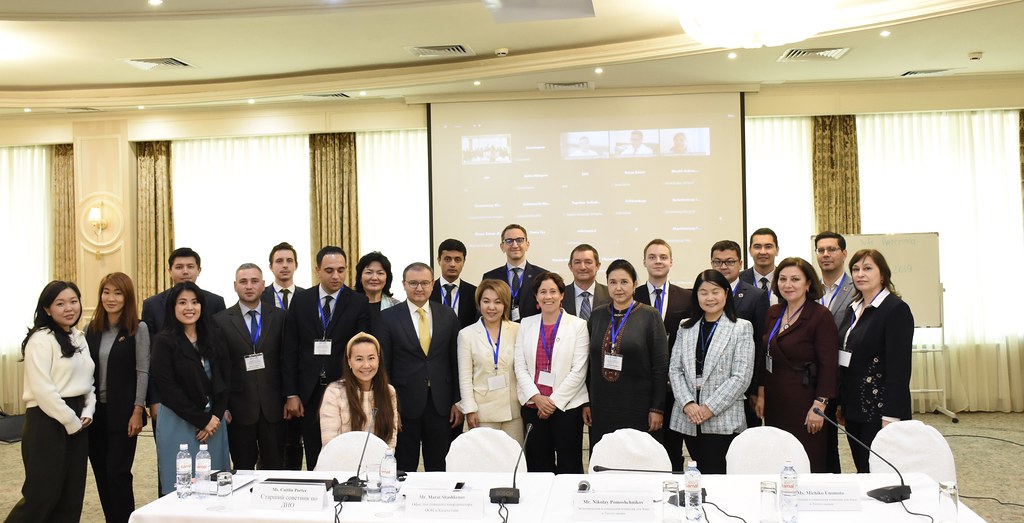Voluntary National Reviews (VNR)
Voluntary national review (VNR) is a process by which countries take stock and assess progress and challenges in the implementation of the Sustainable Development Goals (SDGs) of the 2030 Agenda. As part of its follow-up and review mechanisms, the 2030 Agenda for Sustainable Development encourages member states to "conduct regular and inclusive reviews of progress at the national and sub-national levels, which are country-led and country-driven".
The VNR process aims to facilitate sharing experiences, including successes, challenges and lessons learned, with a view to accelerating the implementation of the 2030 Agenda. VNRs also serve to improve evidence and data on the SDGs, strengthen policies and institutions of governments to monitor progress on sustainable development and to mobilize multi-stakeholder support and partnerships for the implementation of the SDGs.
ESCAP support available to VNRs
- ESCAP provides support to VNR-presenting countries both in VNR formulation (e.g., assessing data on SDG progress and investment needs, inequality, social protection, energy planning and sustainable development) and VNR preparation (developing VNR roadmaps, inception workshops, mapping out stakeholder engagement, and reviewing drafts). Read more about ESCAP's support to the VNRs here.
- ESCAP's flagship Twinning Programme also connects two or more VNR countries in the region that are presenting their VNR in the same year. The aim of the Twinning Programme is to provide an opportunity for 'live-learning' among VNR countries in the Asia-Pacific region, build practical and technical knowledge on SDG acceleration, and enhance partnerships and SDG leadership through South-South cooperation. The programme provides a unique opportunity for countries to exchange good practices, lessons learned, and offer peer support.
- The Twinning Programme involves connecting VNR coordinating bodies, national statistics offices and stakeholders, and can take the form of study tours, virtual meetings, and peer reviews of VNR drafts and plans.
- ESCAP's Rapid Response Facility (RRF) seeks to support member States in their efforts to implement the 2030 Agenda for Sustainable Development. In recent years, the RRF has provided financial support to member States in their Voluntary National Review process.


